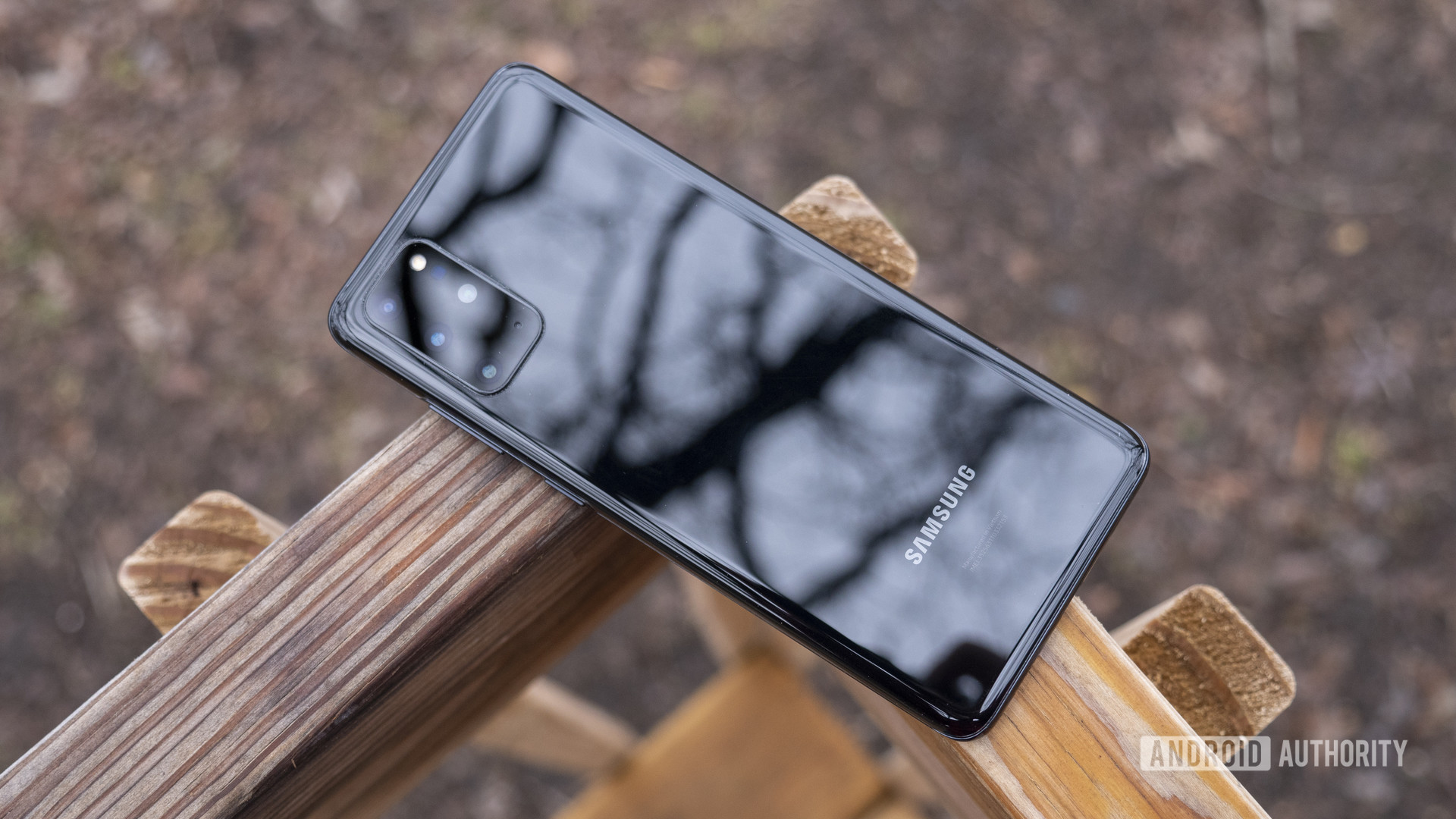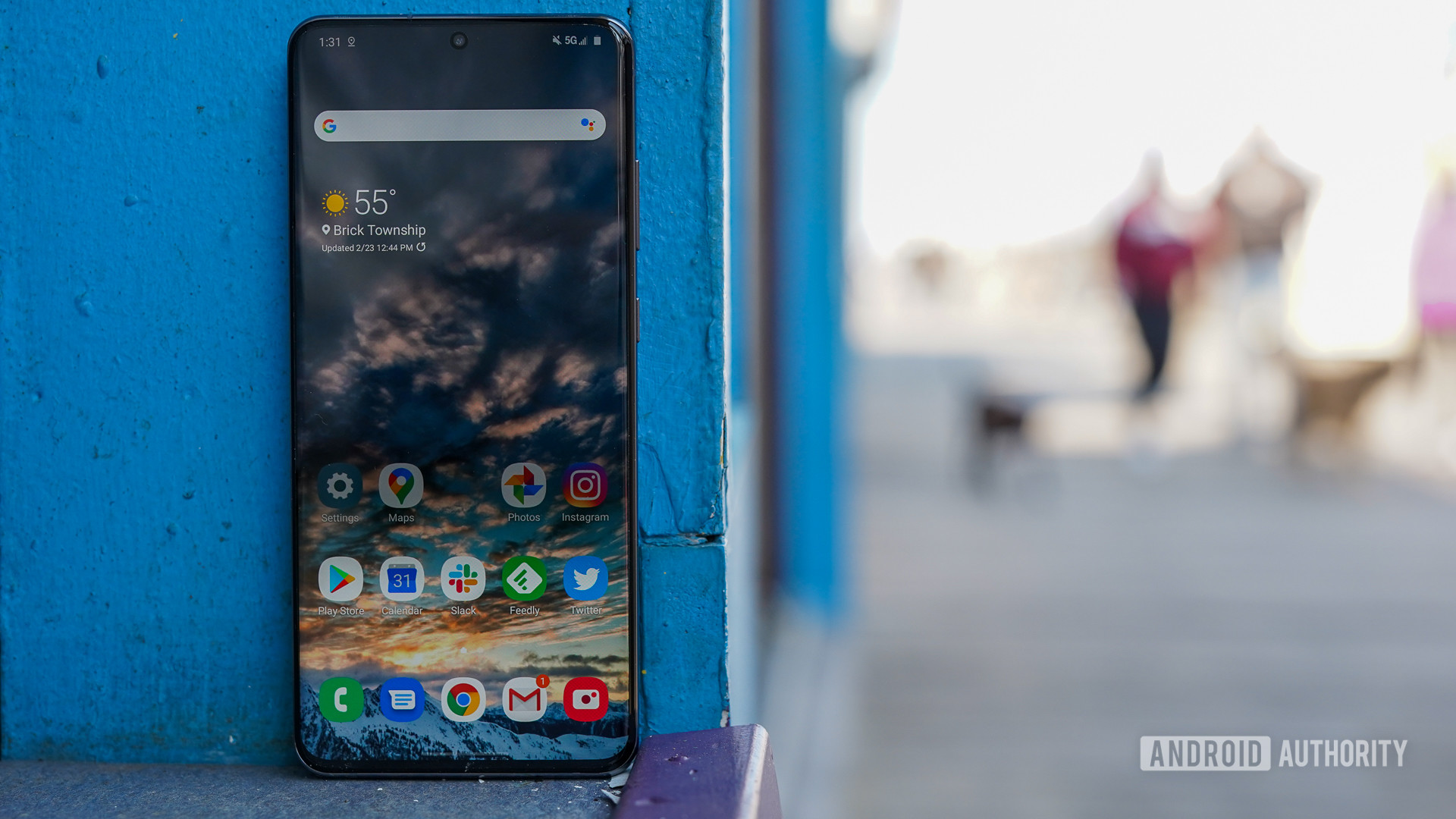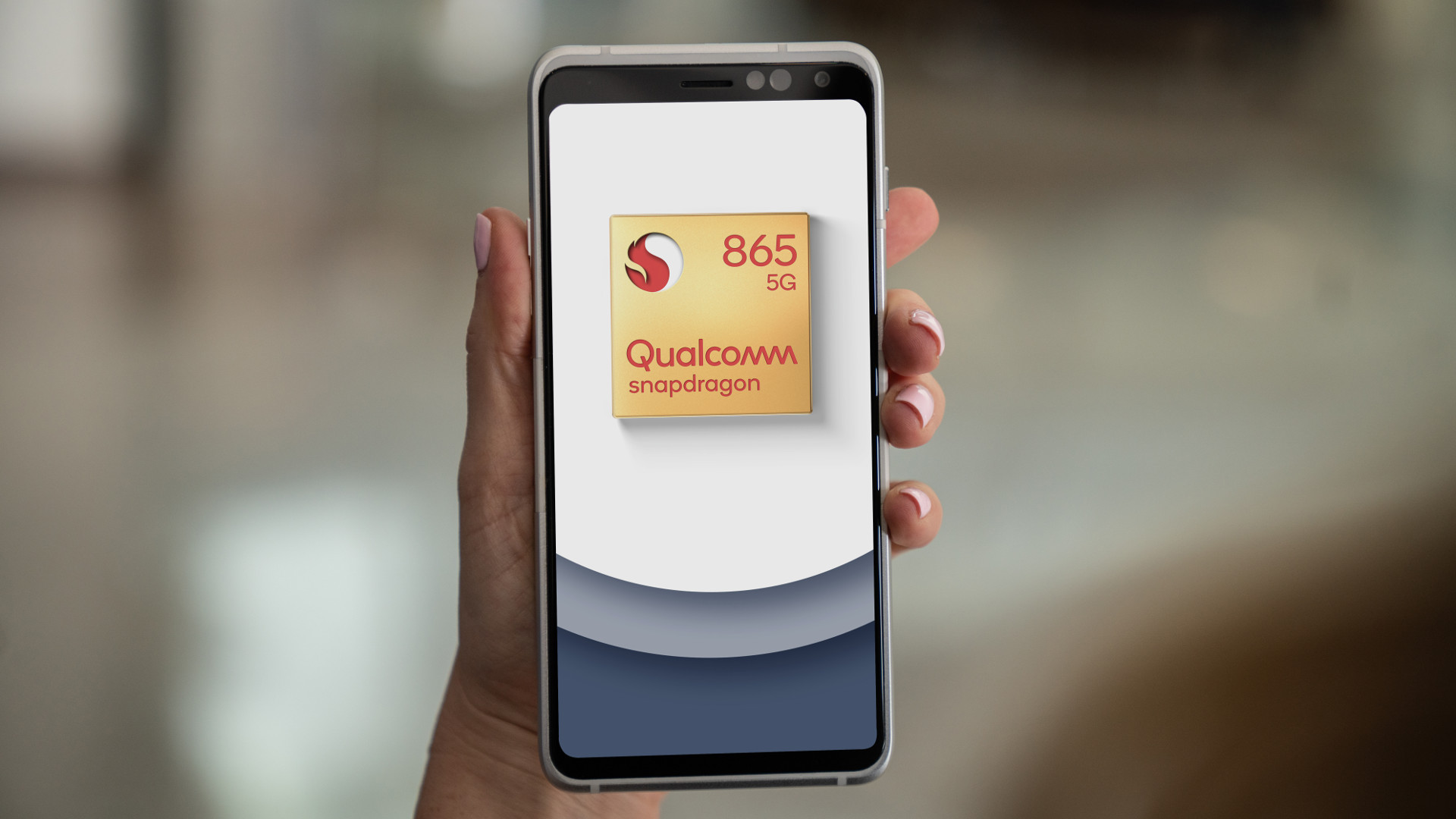
You can rave all day about a fancy 120Hz display, phenomenal cameras, or a cutting-edge chipset, but at the end of the day, battery life is the feature that enables all of that. Great battery life is the backbone of the modern smartphone experience and it is only fair that we want more of it.
Now, if you’ve been in the market for a new flagship, the Galaxy S20 Plus is bound to have crossed your mind. Our review calls it one of the most well-rounded smartphones in recent years with a display that’s so good, you won’t be looking at other smartphones the same way.
However, the Snapdragon variant is only available in a few markets. The rest of the world has to contend with the Exynos 990 version of the Galaxy S20 Plus. We previously talked about the performance difference between the Snapdragon and Exynos versions of the Galaxy S20 Plus. Like in previous years, the Snapdragon version drastically outperforms the Exynos variant, which is a shame since the latter is what most of the world will have access to.
But what about battery life? That’s another factor to be considered. Historically, the Exynos version hasn’t matched up to the Snapdragon version’s longevity. Will things be different this time?
How do we test battery life?
There are many ways to test out battery life. The most straightforward would be to report screen-on time, but this metric is highly dependent on how you use the phone. If you’re a gamer, your battery life will likely be a lot worse than someone just making phone calls or listening to music.
Like in our S20 Ultra torture test, we decided to call upon Speed Test G. A true torture test, it pushes the phone hard through a series of processor and GPU-driven tests on a loop to truly push the hardware to its limits.
With the display set to a standard 200nits across the board, we can approximate the worst-case scenario for battery life. Looping Speed Test G through its series of multi-threaded calculations, compression tests, scrolling and more, this is the absolute worst-case scenario possible. In real use, you will likely fare better.
So how did the Galaxy S20 Plus perform?
The Galaxy S20-series is the first S-series phone to debut with a 120Hz panel. Refreshing the display 120 times a second is, predictably, a massive battery drain. For the sake of testing, we ran our battery benchmark at all three possible configurations: Full HD/60Hz, Full HD/120Hz, and WQHD/60Hz. All tests were run multiple times, giving us well over 70 hours of data.
The results were surprising, to say the least. As it turns out, all external variables considered, the Exynos 990 variant of the Samsung Galaxy S20 Plus managed to outperform the Snapdragon 865 version of the phone.
At the most efficient Full HD resolution with the refresh rate set to 60Hz, the Snapdragon 865 version of the Galaxy S20 Plus delivered 253 minutes of battery life. That’s a solid four hours and change of heavy-duty use. The Exynos version, on the other hand, managed to achieve 284 minutes of battery life. That’s a respectable 31 minutes of additional use. Now keep in mind that in our performance tests we’ve noticed that Samsung appears to be throttling the phone at Full HD, 60Hz which would explain the extended battery life.
Time for something a bit more demanding. Switching over the refresh rate to 120Hz, we noticed that battery life showed a definite drop. However, it wasn’t as drastic as we had anticipated. In fact, the Snapdragon 865 version still managed to achieve 247 minutes of longevity which is a mere 6 minutes short of battery life at 60Hz. The Exynos variant showed a steeper decline and managed 262 minutes of battery life, fifteen minutes more than the Snapdragon version.
Pushed hard, the Exynos 990 delivers slightly better battery life over the Snapdragon 865-toting Galaxy S20 Plus.
Finally, at WQHD resolution and 60Hz refresh rate, battery life is effectively at par with the Full HD/60Hz mode. The Snapdragon 865 version lasted 253 minutes in our torture test, while the Exynos version did a bit better at 286 minutes.
Snapdragon or Exynos, which Galaxy S20 Plus delivers better battery life?
So what does that mean for you? Pushed hard, the Exynos 990 version of the Galaxy S20 Plus appears to outperform the Snapdragon 865 variant of the phone as far as battery life is concerned, but the difference isn’t massive.

Another factor to consider is that our tests push the hardware to the maximum. Since the Snapdragon 865-toting S20 Plus delivers better performance, it won’t have to work as hard in general use and you can expect battery life to match up to the Exynos version.
All said and done, it looks like Samsung has finally managed to tune the Exynos 990 for better longevity, but you pay for it in performance. The Snapdragon 865 version of the Galaxy S20 Plus might deliver slightly worse battery life, but the significant performance boost evens out the equation.
More posts about samsung-galaxy-s20
from Android Authority https://ift.tt/2ysjo3x














No comments:
Post a Comment